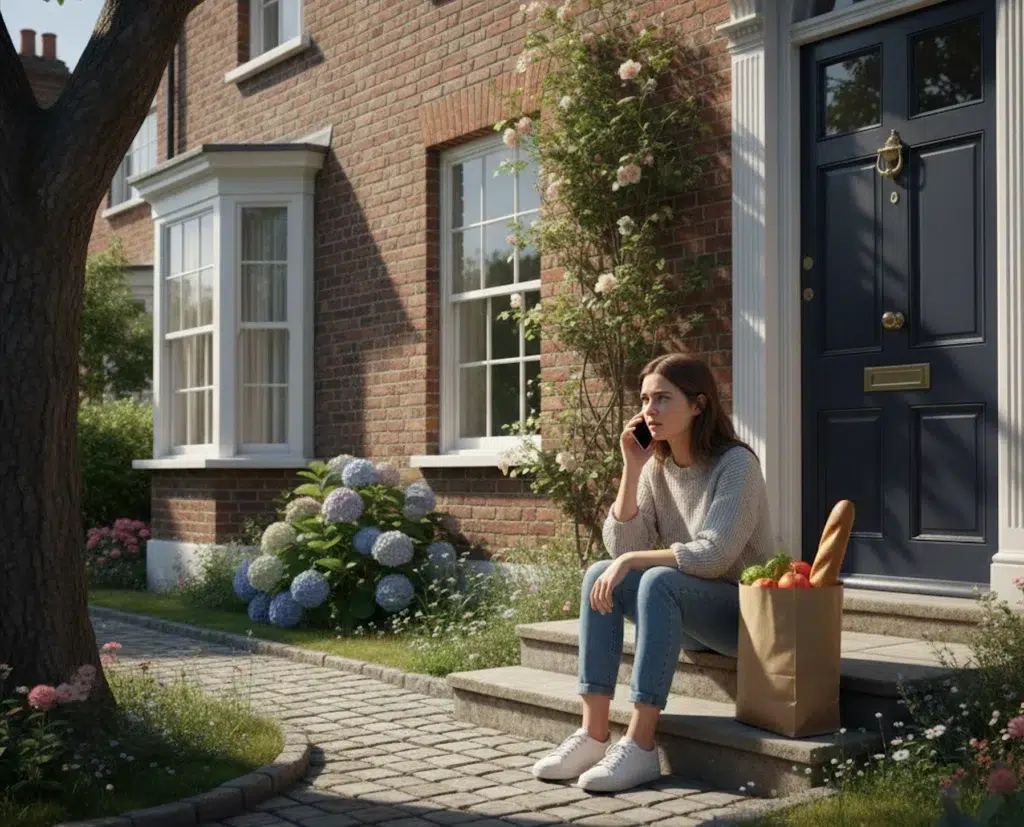How to Handle a Lockout: A Step-by-Step Guide for Homeowners and Businesses

Finding yourself locked out of your home or business can be a moment of sudden panic. The simple act of a door closing behind you can turn into a major inconvenience, especially during a busy day or in the middle of a cold, rainy evening. But a lockout doesn’t have to be a disaster. By staying calm and following a clear set of steps, you can resolve the situation efficiently and safely. This guide will provide you with a definitive plan for handling a lockout, from the initial shock to getting back inside.
Step 1: Stay Calm and Take a Moment to Assess the Situation
The immediate response to a lockout is often to panic. However, this is the most critical time to remain calm. Take a deep breath and avoid the urge to try anything drastic, such as attempting to force the door or break a window. Such actions can lead to injury, cause expensive damage to your property, and in some cases, may even invalidate your insurance policy. Instead, take a moment to walk around the property and check all potential entry points. Is there an unlocked back door? An open ground-floor window? These simple checks can often be the fastest and safest solution.
Step 2: Search for Spare Keys or Alternative Access
Before you do anything else, think about whether you have a spare key hidden somewhere or stored with a trusted person. Many homeowners leave a spare key with a neighbour, a family member, or a close friend who lives nearby. If you have a key safe installed on your property, now is the time to use it. These are a secure and convenient way to store a spare key for emergencies. If you are in a rented property, remember that your landlord or letting agent will have a spare key, and they should be your first port of call. A quick phone call could save you a lot of time and hassle.
Step 3: Call Your Emergency Contact Network
If there is no immediate spare key available, contact someone from your emergency network. This could be a friend, family member, or a trusted neighbour who you know will be home. Having a list of these contacts saved on your phone is always a good idea. If you live in an apartment building, the building manager or a resident caretaker may be able to assist. In a shared living situation, your housemates might be able to get back to the property quickly with a key.






